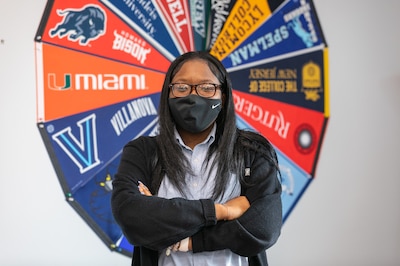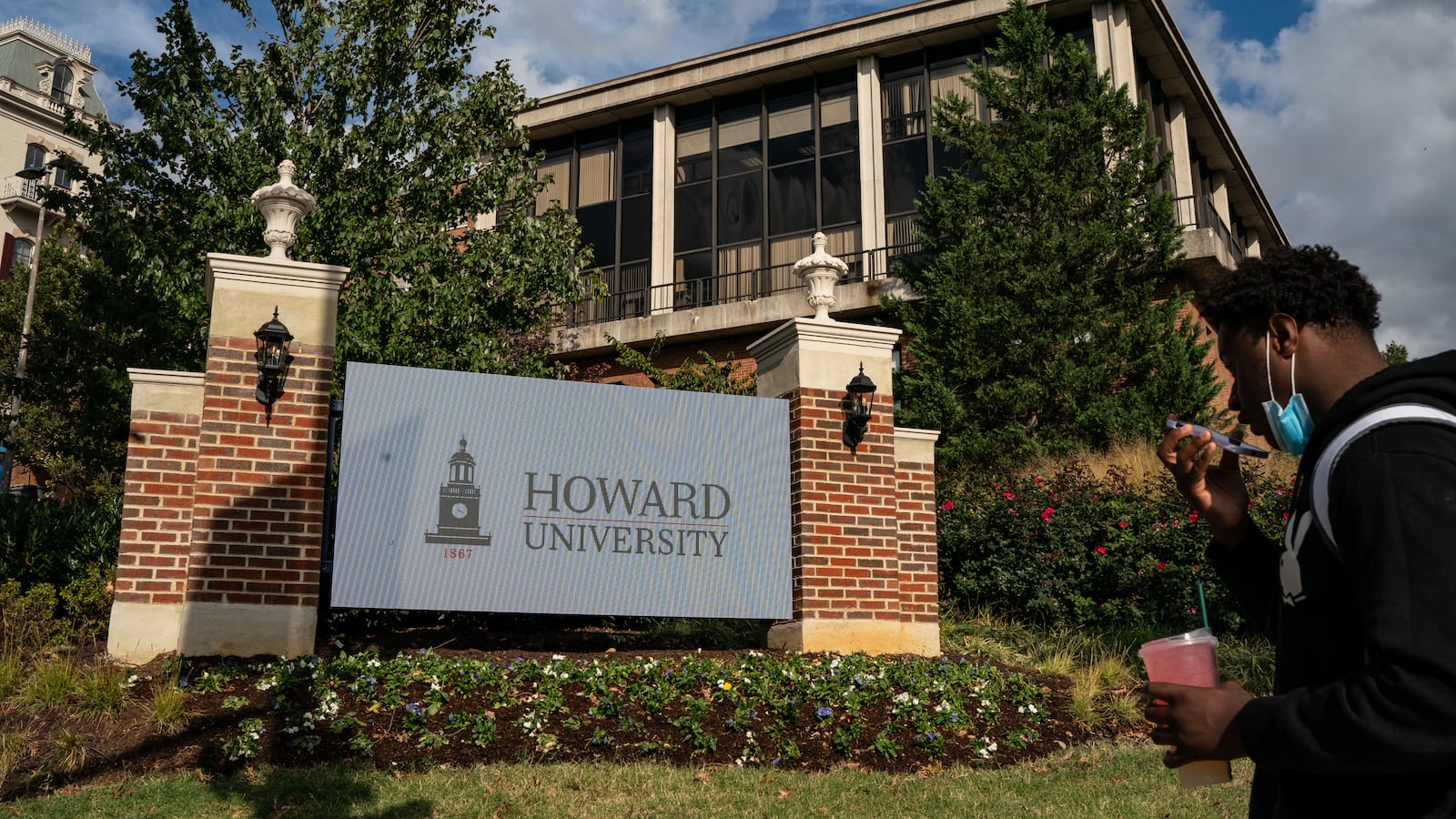In May 2018, my eighth grade class flew to Atlanta, Georgia, which some have called “The Black Mecca,” for a trip marking the end of our middle school years. We were about to start high school.
True to my Newark charter school’s precocious image, the educators who staffed the trip took us to visit colleges around the city. We were able to see Clark Atlanta University, Morehouse College, and Spelman College — three historically Black schools that make up the Atlanta University Center.

Being there on a beautiful spring day — the sun shining down and the trees blooming— reminded me of my visit three years earlier to Howard University. Though I was young at the time, I vividly remember the warmth I felt there. The students looked like me. They seemed so happy and independent; they seemed like they belonged. I wanted to belong, too.
As an immigrant and a child of West African parents, I’ve long felt pressure to attend an Ivy League university or the like. But in the physical presence of HBCUs, I could reimagine what college could look like for me: the comfort, the beauty, and the welcoming atmosphere. I envisioned myself walking through their yards, talking and laughing with my friends. Visiting a lecture hall at Howard and seeing students joyously enter a class and eagerly dive into the material inspired me.
The students there looked like me. They seemed so happy and independent; they seemed like they belonged.
I’ve since learned that early HBCUs were founded to provide educational liberation for the newly freed, formerly enslaved Black people. The first HBCUs, Cheyney University of Pennsylvania and Lincoln University of Pennsylvania, were founded before the Civil War in 1837 and 1854, respectively. They were followed by the so-called “Black Ivies” Howard, Morehouse, Spelman, and Hampton University in the 1860s and 1880s. Today, HBCUs offer so much more than cultural markers of African American resilience and steadfastness. They are forces of real change and social markers for upward mobility, even amid an uneven playing field. (Black students, for example, have comparably more college debt than their white counterparts.)
Even today, Black students may feel othered or marginalized at Predominantly White Institutions. Some 52% of Black people who attended college said they had been treated as if they weren’t smart, according to the Pew Research Center.
That is why I think it’s so important to acknowledge those Black students who are accepted at HBCUs but ultimately must choose schools with larger endowments and, therefore, able to provide them with more financial aid. They should not have to compromise their dreams to fit into spaces where they feel at odds. Making sure HBCUs have the resources they need to support admitted students who see themselves at these illustrious, historically Black institutions must be a priority.
As for me, I owe it to myself to join the legacy of Black changemakers who graduated HBCUs and altered the course of our world for the better. Changemakers like Dr. Martin Luther King Jr., who attended Morehouse College and advocated for a world of equality. And changemakers like Zora Neale Hurston, a celebrated writer from the Harlem Renaissance whose work captured the joys and pains of the Black American experience; she graduated from Howard University.
I hope to work in medicine, possibly as a healthcare administrator focusing on the technology side of medical practices. I believe that attending an HBCU would put me directly on that path to that work. I love the thought of learning from professors and faculty who care deeply about my success.
The thrill of opening up my acceptance letters these last couple of months — from schools including Howard, Hampton, Spelman, and Morgan State — has been like none other. It gave me a glimpse into the excitement that I would experience attending one of these institutions.
HBCUs are some of the last-standing safe spaces where Black students from across the diaspora can enjoy academic rigor while celebrating the beauty in their identities. To me, it means a chance to explore my Blackness deeply as I encounter different identities across the diaspora and am embraced by a community of love.
Chimdindu Okafor is a senior at North Star Academy Lincoln Park High School in Newark, New Jersey. She has been accepted to 23 colleges so far. Chimdindu is a Chalkbeat Student Voices fellow.


